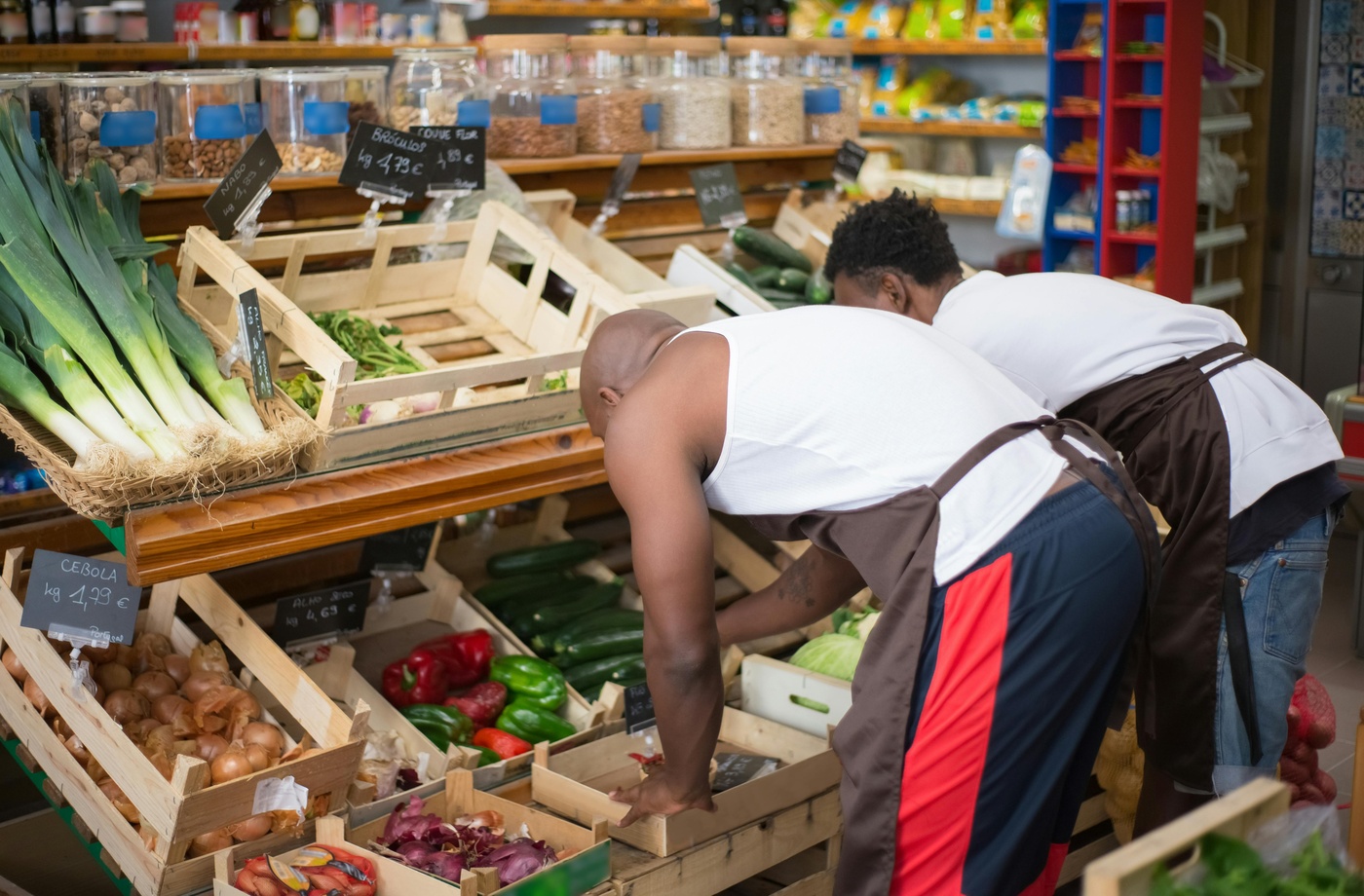The Secret to Smarter Grocery Planning in a Busy Week
When your week is packed with meetings, school pickups, and endless to-dos, the last thing you want is to waste time—or money—figuring out dinner. That’s where strategic grocery planning comes in. With just a bit of prep, you can streamline your grocery trips, reduce food waste, and make your weeknight meals less stressful.
Here’s how to plan smarter so your groceries work for you, not the other way around.
Start with a Realistic Meal Plan
Many people skip meal planning because they think it requires cooking every night. But smarter grocery planning starts with honest expectations. If you usually eat out once or twice a week or have leftovers, account for that. Apps like Mealime or Plan to Eat can simplify the process by building meals around your schedule and dietary needs.
Build Your Grocery List from the Plan
Once your meals are mapped out, use them to build a targeted grocery list. This cuts down on unnecessary purchases and keeps your budget in check. Digital list tools like AnyList sync across devices, so everyone in your household stays on the same page.
Shop Your Pantry and Freezer First
Before heading to the store, take stock of what you already have. Check your fridge, pantry, and freezer to see what can be used up or repurposed. Not only does this reduce waste, but it helps you avoid buying duplicates.
Batch Cook and Repurpose Ingredients
Smart grocery planning doesn’t just stop at the store. Cook larger batches of versatile items like rice, roasted vegetables, or proteins that can be used in multiple meals throughout the week. That way, you’re not starting from scratch every night.
Choose Ingredients with Overlapping Use
Focus on ingredients that appear in multiple recipes. Buying a bunch of cilantro for one taco night? Use it in a rice bowl or salad later in the week. Items like greens, grains, and proteins are especially easy to stretch across several meals.
Make a Flexible Plan, Not a Rigid One
Even the best-laid plans can fall apart mid-week. Build in one “free” night for leftovers or quick fixes. Having a backup like a frozen pizza or pantry pasta means you won’t blow your budget with last-minute takeout.
Avoid Midweek Store Trips
Every additional trip to the store increases the chance of impulse buys. By planning ahead and shopping once, you save not just time but money, too.
Use Your Store’s Digital Tools
Many grocery stores now offer digital features like online shopping lists, weekly ad previews, and personalized coupons. For example:
These can help you plan around what’s actually on sale, adding savings to your efficiency.
Final Thought
Smart grocery planning isn’t about perfection—it’s about setting yourself up for success. A little prep goes a long way in saving time, reducing waste, and staying within budget. Once you build these habits into your routine, your grocery trips will feel less like a chore—and more like a strategy that works for you.



